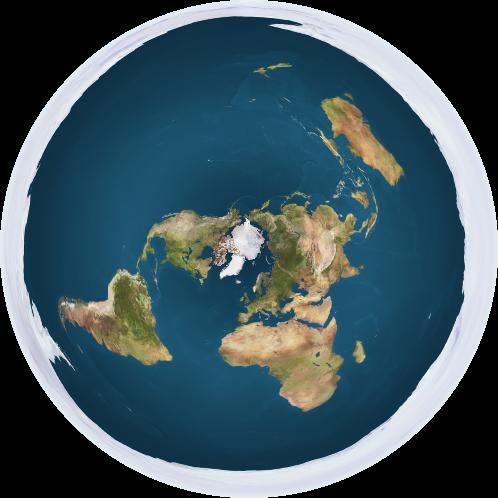But on the topic of planets, I've heard something along the lines of "Mars isn't geologically active"
So like no plates and mantle motion like on earth I take that too mean.
Is there like any theory on why this is for Mars? And how is it on other planets?
Venus also does not have plate tectonics, but Mercury does as announced on this Monday!
There are certainly theories why this is for Mars (too small, would require water), but I guess most of these just went into the recycle bin

It might be linked to the magnetic field question: It has been argued that the core of Venus lacks convection, because no subducting plates bring cool material into the interior of Venus. But it might also be the other way around: because Venus has more or less thermalized, there is neither plate tectonics nor a magnetic field.
I seem to recall Ganymedes field is a remnant magnetization of it passing through Jupiters field.
I have read more about an inductive response to the Jupiter's magnetic field. But there are also scientists arguing for a dynamo, so I do not think this has been settled, yet.
While Ganymede doesn't have a satellite of it's own one would think that interaction with other satellites of Jupiter could serve to stir up currents in its core.
It is in orbital resonance with the other major moons, though. I would expect the moons exert little force on each other by now,
Conjecture, purely, but it seems reasonable to me.
Alternately, we have four rocky planets, two have magnetic fields and two don't...this is random.
Certainly reasonable, but since it is two out of four, you can make up plenty of reasonable theories that fit the data, so I am not convinced of any explanation.



 no recoil
no recoil 


